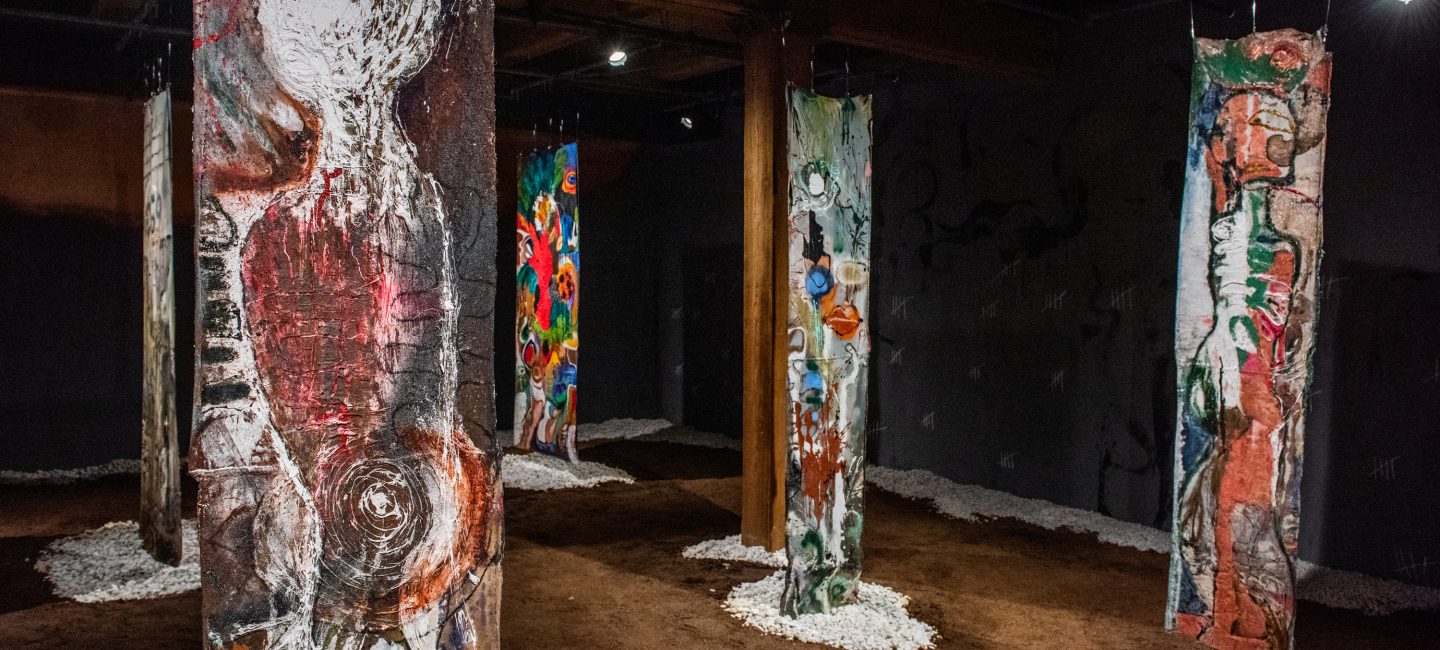February 11, 2022, 11am-12:30pm
Zellerbach Hall Mezzanine (in-person) and live streamed online via YouTube
This event is co-sponsored by The Black Studies Collaboratory and Cal Performances, an Illuminations event.

The Performance of Labor/The Labor of Performance: A Convening
Curated by Ra Malika Imhotep, The Performance of Labor/The Labor of Performance is a convening of Black feminist artists and cultural workers who will communally explore the question(s) of how the forms and methods of opera, surrealism, free jazz, poetry, & dance help us communicate the concerns of radical black feminism(s)?
Calling in the Cal Performances production of Wayne Shorter + esperanza spaldings’ …(Iphigenia) alongside each of the artists’ own “works-in-progress,” the panel discussion featuring esperanza/irma on Feb 11th at 11am-12:30pm will explore : What happens when we gather together to create out loud, to sound it out in good company? How might improvised creative dialogue disrupt preconceived notions about the relationships between black femininity, labor and performance? How do we practice and witness a “black feminist politic in making”?
During the day on Feb 11th and Feb 12th, Ra Malika Imhotep & the invited artists brontë velez, X’ene Sky, and Gallery of The Streets (kai lumumba barrow + jazz franklin) will spend the day worldbuilding and idea-sharing alongside members of the Black Studies Collaboratory in the African American Studies Department Reading Room.
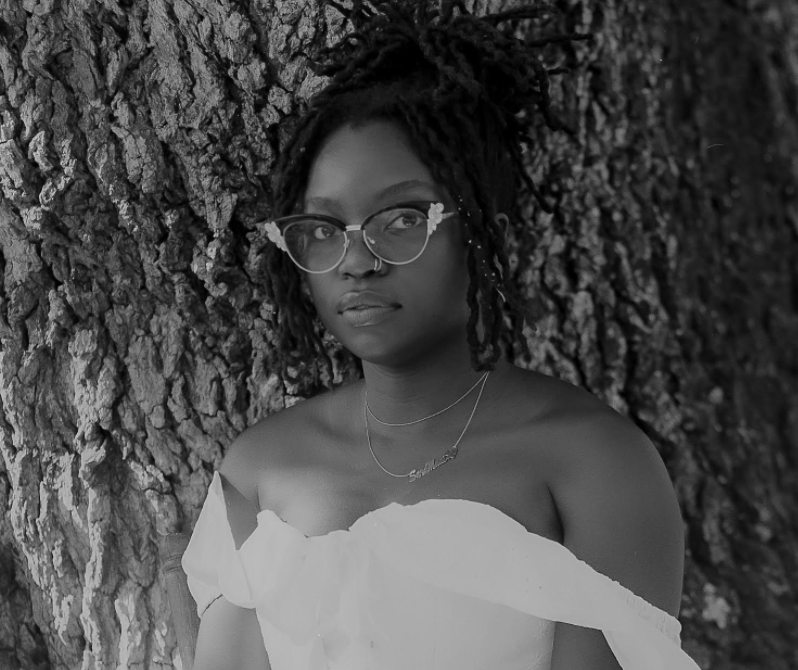
Ra Malika Imhotep is a Black feminist writer and performance artist from Atlanta, Georgia currently pursuing a PhD in African Diaspora Studies and New Media Studies from the University of California. As a scholar and cultural worker, Ra is invested in exploring relationships between queer Black femininities, Black vernacular cultures, and the performance of labor. As a steward of Black Studies and Black feminist thought, Ra dreams, organizes, and facilitates spaces of critical reflection and embodied spiritual-political education. Ra is co-author of The Black Feminist Study Theory Atlas and author of gossypiin (Red Hen Press, Spring 2022).
They are also a co-convener of The Church of Black feminist Thought and a member of The Black Aesthetic curatorial collective.
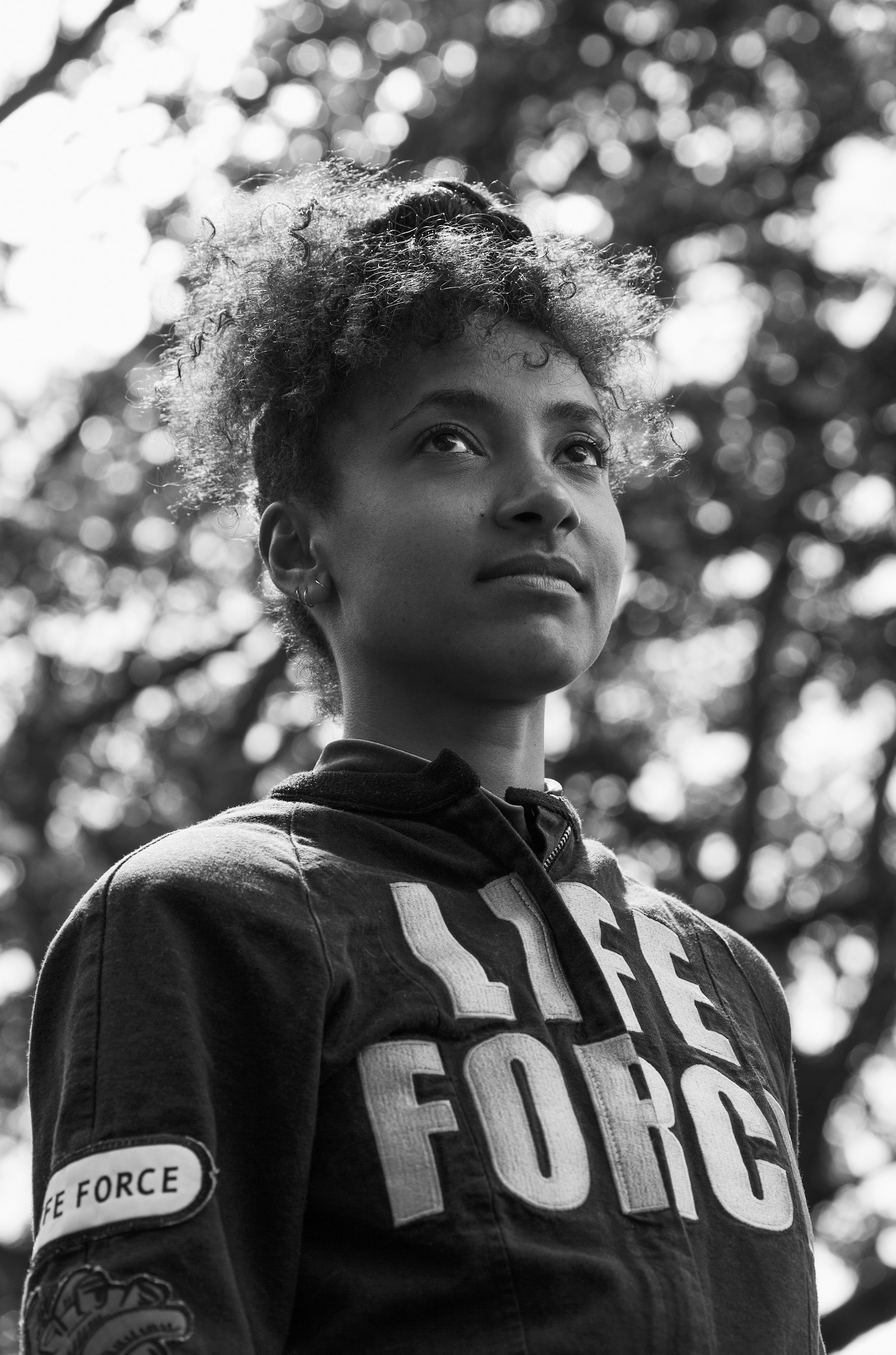
esperanza spalding (also known as irma nejando, or, i.e.) is a being who has grown to recognize love in the abstract and aspirational, and is now fully dedicated to learning how she can serve and embody actualized love through honor for and receptivity to, fellow humans, teachers, and practitioners of various regenerative arts.
bass, piano, composition, performance, voice and lyrics are tools and disciplines she is engaged in deeply to cultivate her own channel for transmitting care and beauty through vibration/sound/presence.
she is currently developing a mockumentary in collaboration with brontë velez and San Francisco Symphony // researching and developing liberation rituals in jazz and black dance // and continuing a lifelong collaboration with practitioners in various fields relating to music, healing and cognition to develop music with enhanced therapeutic potential.
she is presently paid by Harvard University to co-create and learn with students enrolled there, working on developing creative practices that serve the restoration of people and land.

brontë velez (they/them)
brontë’s work and rest is guided by the call that “black wellness is the antithesis to state violence” (Mark Anthony Johnson). as a black-latinx transdisciplinary artist, designer, trickster, educator and wakeworker, their eco-social art praxis lives at the intersections of black feminist placemaking & abolitionist theologies, environmental regeneration and death doulaship.
they embody this commitment through serving as creative director for Lead to Life design collective and ecological educator for ancestral arts skills and nature-connection school Weaving Earth. they are currently co-conjuring a mockumentary with musician esperanza spalding in collaboration with the San Francisco Symphony and stewarding land with their partner in unceded Kashia Pomo territory in northern California.
mostly, brontë is up to the sweet tender rhythm of quotidian black queer-lifemaking, ever-committed to humor & liberation, ever-marked by grief at the distance made between us and all of life —
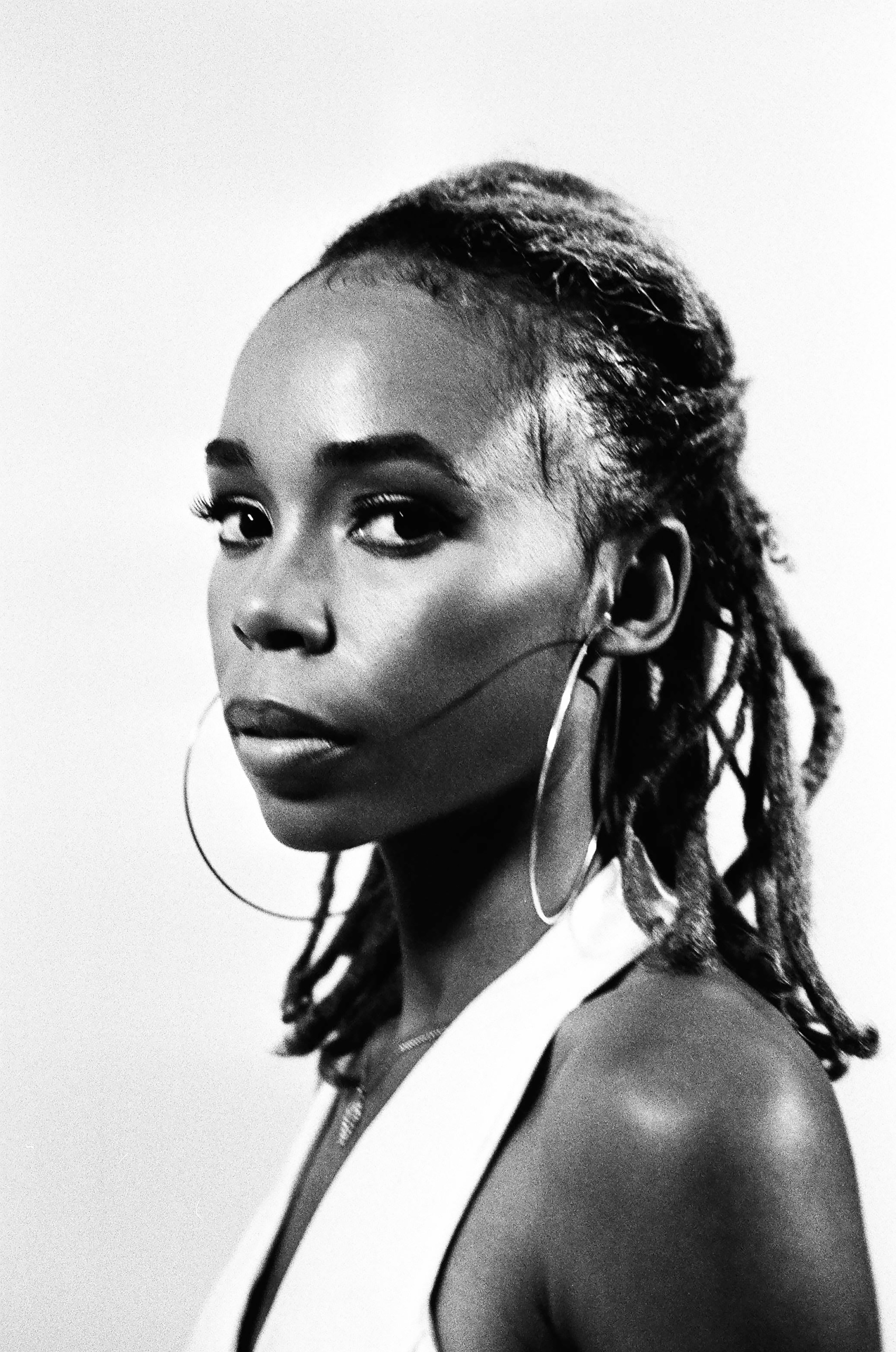
X’ene Sky As an artist, X’ene’s interests include enslaved Africans and the interstices of queerness, inheritance and musical repetition as a way to access trance-like states and other modalities represented in the material and immaterial. She is concerned with questions of personality and who we are outside of our name, class and education. Their work engenders a rhizomatic approach to the womb as a portal that holds “our frustrations, our fears, our complexes, and the like” (Karen McCarthy Brown, Mama Lola). A pianist, vocalist, composer and musicologist by trade as well as an ethnographer in the lineage of Zora Neale Hurston.
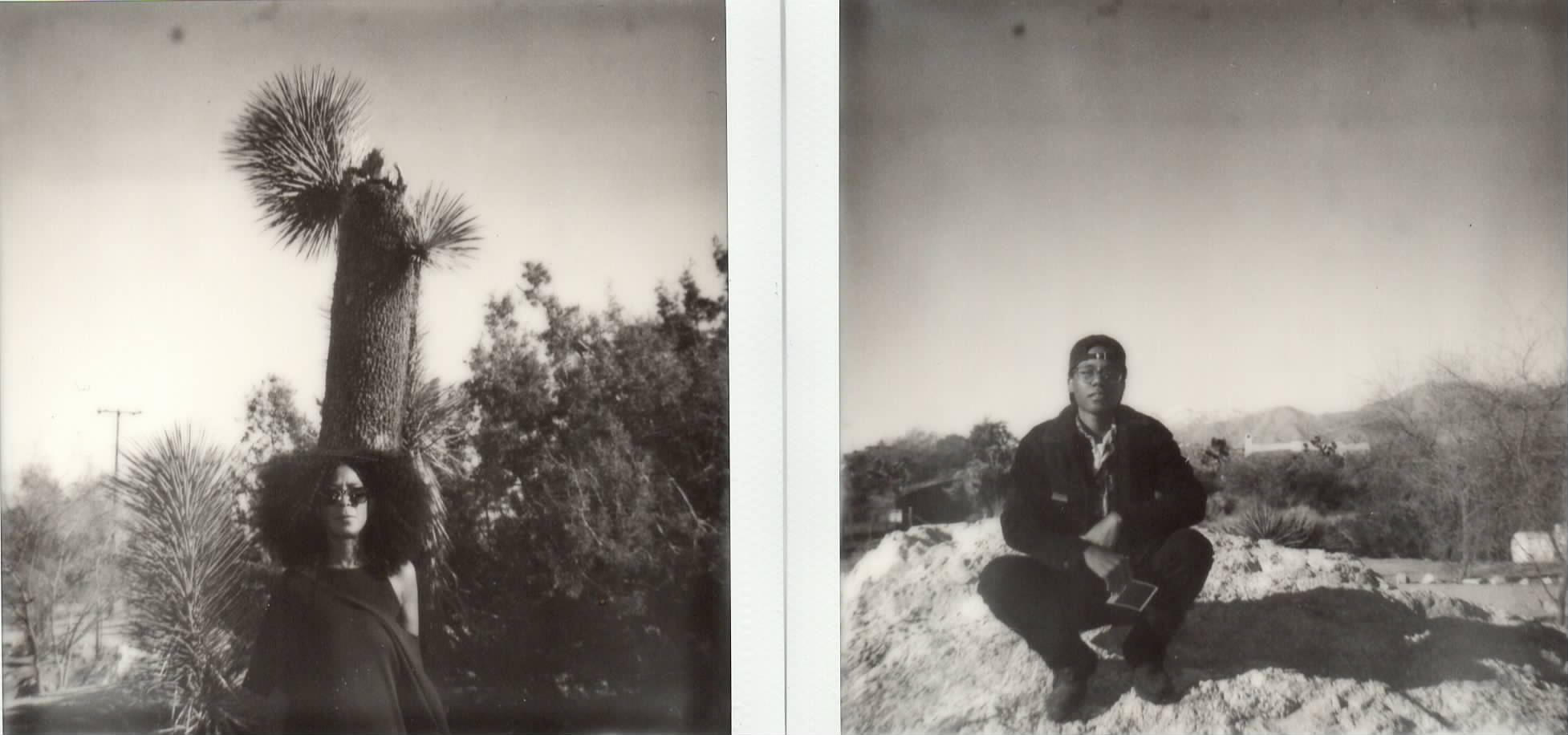
Gallery of the Streets (kai lumumba barrow + jazz franklin) is an evolving network of artists, activists, organizers, scholars, cultural workers, and community supporters committed to exploring radical possibilities within Black geographies. Existing at the intersections of art, education, direct action organizing and movement-building, they fuse public art and community engagement. their approach includes convenings, political education, and experiential engagement in solidarity with the issues and demands of our Movement(s).
kai barrow is a visual and performance artist who lives and works in New Orleans. She has exhibited paintings, sculptures, site-specific installations and multimedia performances in Atlanta, Brooklyn, Chicago, Durham, Glasgow, London, New Orleans, and NYC. barrow is concerned with notions of radical imagination. Her sprawling paintings, installations, and sculptures transgress biological, geographic, ideological, and physical borders. Her work is imbued with cultural and historical clues that reference avant-garde art and radical liberation movements. barrow’s installations and ritualistic environments recall African diasporic cosmologies incorporating reusable materials such as dirt, moss, rocks, machines, money and bones as a visual and ethnographic language. Together with her four muses: Absurdity, Sarcasm, Myth, and Merriment, the work performs queer, Black, feminist resistance to carceral control.
jazz franklin‘s filmmaking praxis plays with power and possibility. Her video and projection work aim to disarm “standard” production processes, storytelling, & visual languages of film or video. She is a part of a global network of artists, activists and organizers called Gallery of the Streets who work together to “transform public and private spaces into temporary sites of resistance…into phantastical subversive imaginaries.” Before moving to New Orleans, jazz worked for The University of Alabama’s Center For Public Television as a videographer and editor. During her time there, she received a regional emmy nomination for outstanding achievement in the category “editor of a non-news program” for the documentary Preserving Justice. jazz was also the co-director of PATOIS’ 2019 New Orleans International Human Rights Film Festival
Accessibility
Spanish interpretation will be available in person. The event will be live streamed and live captioned on YouTube.
This event is open to the public. The venue is wheelchair accessible. If you need CART or ASL interpretation or any other accommodations to fully participate, please contact Barbara Montano at bmontano14@berkeley.edu or 510-664-4324 with as much advance notice as possible. Please refrain from wearing any scented products, including essential oils.
